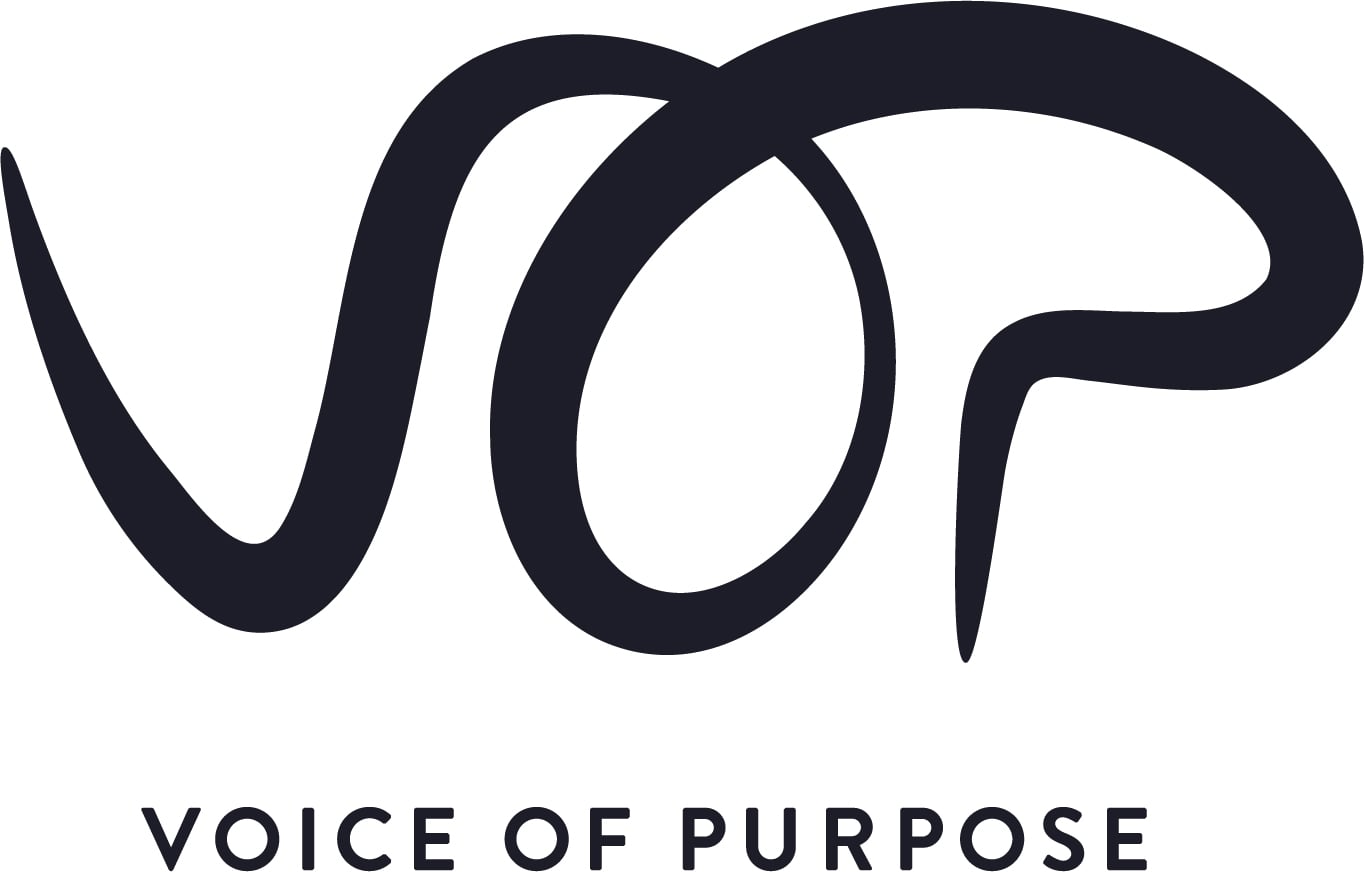Reflections from the Catalyzing Transformation: Module 1
One of the things I’ve come to understand in my own work, especially as someone who straddles program coordination, tech, and social change, is that transformation doesn’t just live in outcomes or strategies. It lives in the small, intentional ways we choose to show up, again and again.
As the coordinator for the Catalyzing Transformation project, I’ve had the privilege of sitting with so many powerful conversations throughout the pre-course and first module. My role wasn’t as a participant, but as a witness, a holder of space, and someone who’s still very much learning alongside everyone else. These early sessions have offered so much insight, not just into what makes this work meaningful, but into what it means to truly support others in the process of change.
Embodiment > Performance
One theme that’s lingered with me is the difference between embodiment and performance. This came up early in the pre-course: the idea that it’s not enough to say we believe in justice or care or equity, we have to live it in our decisions, habits, and relationships.
It made me reflect on the moments where I’ve unconsciously defaulted to performance—doing or saying the right things because it’s expected, not necessarily because I’m deeply grounded in them. That’s uncomfortable to admit, but necessary. In my own work, I want to move more into spaces of embodiment, especially when it comes to digital inclusion and leadership. It matters that I am the values I talk about, not just talk about them.
Leadership That Feels Like Listening
Module 1 opened with questions about leadership and purpose, and what stuck with me was how deeply connected leadership is to presence. It’s less about holding a title and more about how we show up—how we reflect, listen, and build trust.
As someone who’s often navigating uncertainty or coordinating from behind the scenes, I resonated with the idea of courage in the unknown. I don’t always have clear answers. But I’m learning that leadership sometimes means choosing to act anyway, anchored not in certainty, but in care and clarity of purpose.
It also reminded me that leadership doesn’t have to be loud. Sometimes it looks like holding space, like being a steady presence when others are processing, or like quietly reinforcing trust through consistency.
The Body Knows, and We’re Not Meant to Do This Alone
Chapter 2 focused on systems of support—internal, relational, ancestral. There was a powerful moment when someone talked about how naming a feeling can bring you back to the present. I’ve been sitting with that. In fast-paced environments, especially those steeped in productivity, we rarely pause to ask ourselves what’s really going on in my body right now?
I’m also reflecting more on co-regulation, not just self-regulation. So much of what I’ve been taught in professional settings is about self-sufficiency, but what if strength also looked like letting someone steady you when you’re overwhelmed?
As someone with invisible disabilities, this landed differently for me. It reminded me that needing support isn’t a failure. In fact, it’s part of how we sustain each other.
This Work is Sacred
Throughout these sessions, there was a recurring reminder: this work is sacred. Not in a vague, spiritual bypass-y way, but in the sense that community care, healing, and social change are deeply meaningful. They deserve our attention, respect, and reverence.
It hit me that I’ve sometimes approached coordination work as just “getting things done”—emails, logistics, deadlines. But when I take a step back, I realize I’m actually supporting spaces where healing and transformation can happen. That’s not a small thing. It’s sacred.
So, what am I carrying forward from this?
Honestly, a lot. But here are a few things that feel especially alive for me right now:
- Making sure I’m embodying my values, not just performing them
- Creating more room for reflection in how I lead and coordinate
- Being more attuned to somatic cues and what my body is telling me
- Normalizing co-regulation and collective care in my work environments
- Holding the sacredness of this work, even when it feels mundane or chaotic
I came into this work because I believe in building systems that honour people’s full humanity, especially those who’ve been historically excluded or overlooked. These early reflections from Catalyzing Transformation are reminding me to start with myself, to do the internal work, to slow down, and to treat the process as part of the purpose. The Voice of Purpose!
